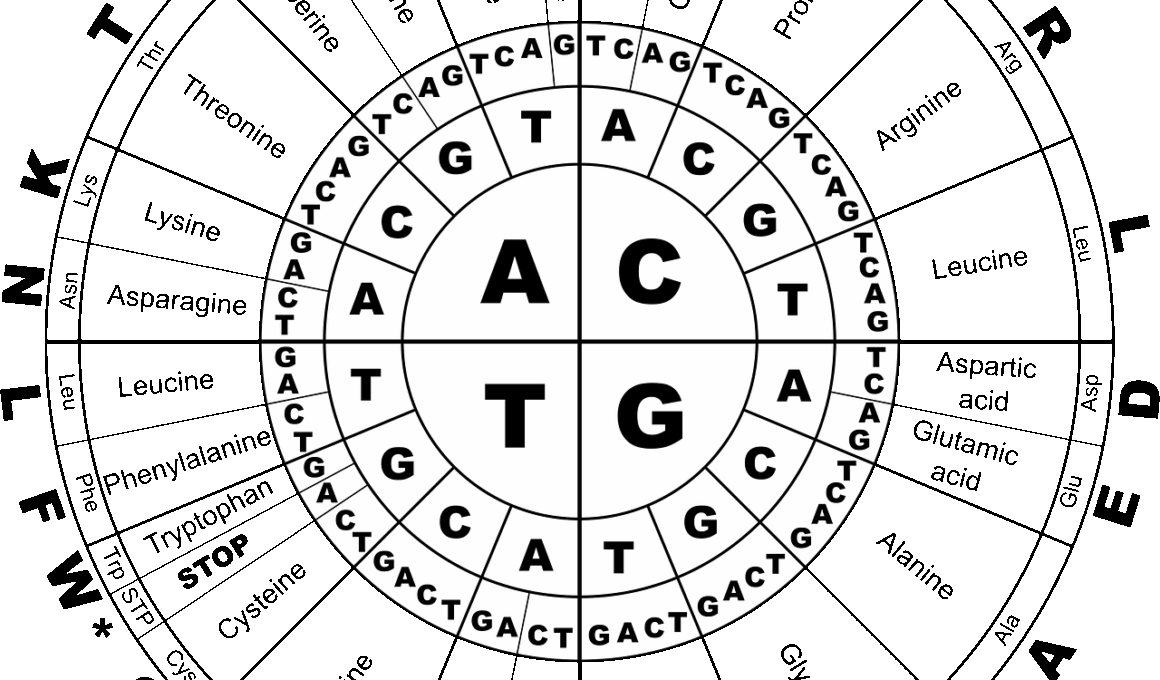Understanding Amino Acids in Cat Nutrition
Amino acids play a pivotal role in maintaining the health and well-being of cats. These organic compounds serve as the building blocks of proteins and are vital for various bodily functions. Cats, unlike some other animals, cannot synthesize several essential amino acids on their own. This makes it crucial for cat owners to provide a diet that includes these necessary nutrients. Rich protein sources such as meat, fish, and eggs are ideal for meeting these requirements. Additionally, there are two categories of amino acids: essential and non-essential. While non-essential amino acids can be produced by the body, essential amino acids must come from dietary sources. Key essential amino acids for cats include taurine, arginine, and methionine. Without adequate intake of these amino acids, cats can face serious health issues, including heart disease, weakness, and poor coat condition. Understanding the importance of amino acids can help pet owners make informed dietary choices for their feline companions. Proper nutrition goes a long way in enhancing the quality of life and longevity for these beloved pets.
One of the most critical amino acids for cats is taurine. Taurine is not just important; it’s vital for a cat’s survival. Cats have unique nutritional needs, and taurine is crucial for various physiological functions, including vision and heart health. Unlike many other animals, cats lack the ability to produce sufficient taurine, making it an essential nutrient derived from their diet. A deficiency in taurine can lead to severe health concerns such as dilated cardiomyopathy, retinal degeneration, and reproductive problems. Since cats primarily obtain taurine from animal tissues, providing a meat-based diet is essential. Fish, especially, is a rich source of taurine, which lends itself well to the feline diet. Some cat foods may have added taurine, but it’s important to ensure adequate levels in a cat’s diet to promote overall health. Regular vet check-ups can help assess the nutritional needs and health of your pet, ensuring that they receive the necessary nutrients, including taurine, for a healthy and active life.
Another vital amino acid for cats is arginine. Arginine plays a fundamental role in protein synthesis and is also necessary for detoxification processes in felines. Cats are known to require arginine in higher quantities compared to many other animals. A diet low in arginine can lead to serious health consequences, including hyperammonemia, a condition characterized by elevated ammonia levels in the bloodstream. This is particularly dangerous as it can lead to neurological issues and even death if not addressed. Most commercial cat foods are formulated to include sufficient arginine levels, especially those that are meat-based. Pet owners should be cautious about homemade diets, as they might lack essential nutrients, including arginine. If you are considering a homemade diet for your cat, it’s crucial to consult with a veterinarian or a pet nutritionist. This ensures that your cat’s dietary needs are met while avoiding deficiencies. Providing a balanced diet with sufficient arginine is essential for maintaining a cat’s optimal health and vitality.
Methionine and Its Importance
Methionine is yet another essential amino acid that plays a key role in feline health. This sulfur-containing amino acid is important for various metabolic processes, including the synthesis of other proteins and enzymes. Methionine is also a building block for cysteine, another amino acid that is important for forming protein structures. Additionally, methionine aids in the detoxification of harmful substances in the body. It helps in preventing liver damage and supports healthy metabolic processes. Cats are unable to produce methionine in sufficient amounts, therefore it must be included in their diet. Meat, eggs, and fish serve as excellent sources of methionine. A balanced diet rich in proteins ensures that cats receive ample methionine for their health. Methionine is also related to the formation of keratin, which is vital for healthy fur and skin. Ensuring that your cat has enough methionine in their diet is crucial for their overall well-being, making it a primary consideration for responsible pet ownership.
In addition to these essential amino acids, there are also non-essential amino acids that play supportive roles in a cat’s body. Non-essential amino acids, while they can be synthesized by the body, still contribute significantly to the overall health and well-being of your feline friend. Examples of non-essential amino acids include glycine and glutamine, both of which assist in various metabolic functions and help maintain cellular integrity. Although they may not need to be supplemented directly through diet, ensuring a protein-rich diet will naturally provide these amino acids. Meat-based diets typically fulfill both essential and non-essential amino acid requirements for cats. Cats that receive a complete and well-balanced diet are less likely to experience nutritional deficiencies. Moreover, a diet that includes organic sources of protein is beneficial in meeting their amino acid needs adequately. By focusing on providing balanced nutrition, pet owners can support their cats’ vital functions, enhancing longevity and quality of life.
Protein Sources and Balanced Diet
The quality of protein sources directly influences the availability of amino acids for cats. High-quality protein is crucial for supporting optimal health in felines. When selecting cat food, it’s vital to prioritize those that list quality animal protein as the main ingredient. Foods containing whole meats, like chicken or fish, are rich in essential amino acids necessary for feline health. Avoid foods with unnamed meat byproducts or fillers, as these can lack in required nutrients. Additionally, consulting a veterinarian can be beneficial in understanding dietary needs specific to your cat’s age, activity level, and health status. A customized diet ensures that your pet receives all essential nutrients during different life stages, especially during growth phases and in geriatric care. Ensuring that the diet is free from artificial additives and preservatives is equally important. Whole, natural foods promote healthier digestion and nutrient absorption. A well-planned diet can aid in preventing health issues while maximizing vitality and energy, allowing cats to thrive.
Hydration also plays an essential role in the utilization of amino acids in cats. Cats have a naturally low thirst drive and often do not drink enough water, especially if they primarily consume dry food. A lack of adequate water intake can affect their overall nutritional absorption. Dehydration may lead to urinary tract problems and can inhibit the proper use of amino acids in the body. To combat this, providing a diet that includes wet food can increase overall moisture intake. Cats generally have a preference for wet food due to its texture and aroma, which encourages them to eat more. Additionally, always ensuring fresh water is available encourages optimal hydration levels. Regular monitoring of your cat’s drinking habits can provide insights into their hydration status. If you notice any changes in their drinking behavior, consult your veterinarian. Proper hydration and a balanced diet rich in essential nutrients and amino acids contribute significantly to your cat’s overall health and longevity, allowing them to live an active and fulfilling life.
In conclusion, understanding amino acids is integral to ensuring your cat leads a healthy and happy life. Cats, being unique in their physiological needs, require certain amino acids to maintain optimal health. The essential amino acids such as taurine, arginine, and methionine play critical roles in bodily functions and must be included in their diets. Complementing these with non-essential amino acids and quality protein sources further enhances their nutritional intake. As pet owners, staying informed about the specific nutritional needs of cats can help prevent health issues linked to deficiencies. A well-balanced diet, rich in high-quality proteins and adequate moisture, supports their overall well-being and longevity. Regular veterinary check-ups and consultations can also help pet owners maintain their cats’ health proactively. By prioritizing nutrition, pet owners create a strong foundation for their feline companions, ensuring they can thrive and enjoy life to the fullest. Through attention to dietary needs and careful selection of food sources, cat owners can promote health, vitality, and happiness, giving their beloved pets the care they truly deserve.


